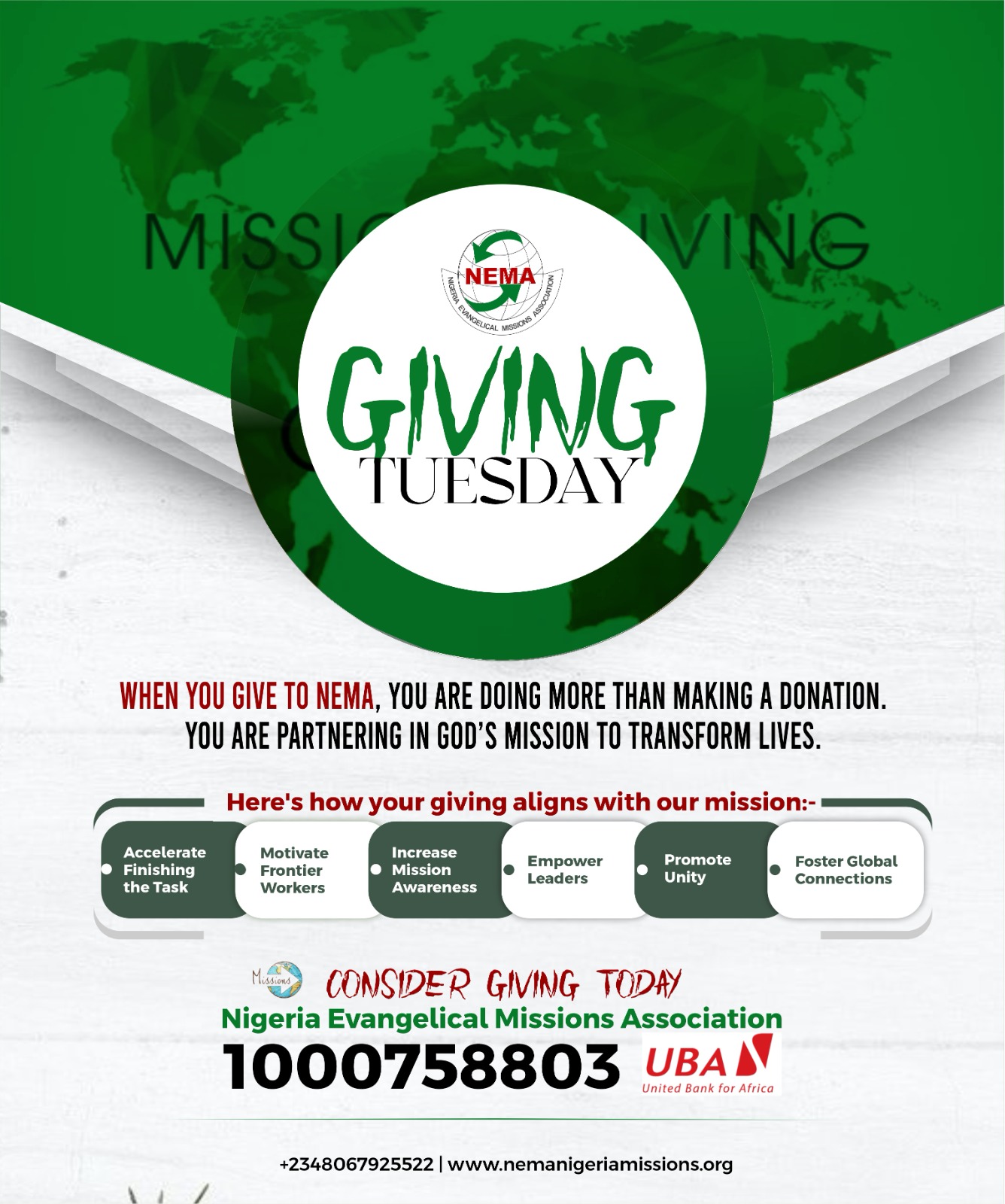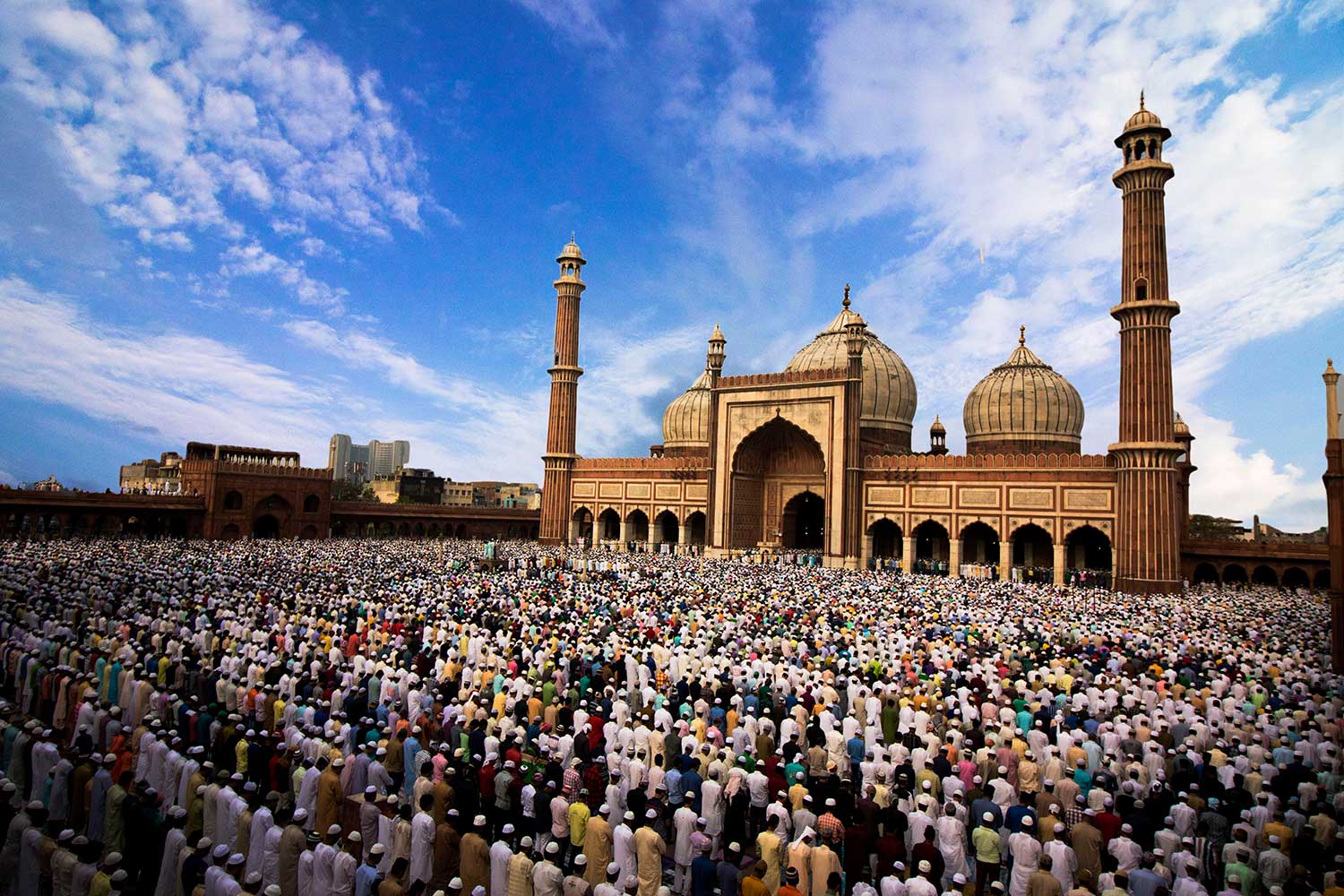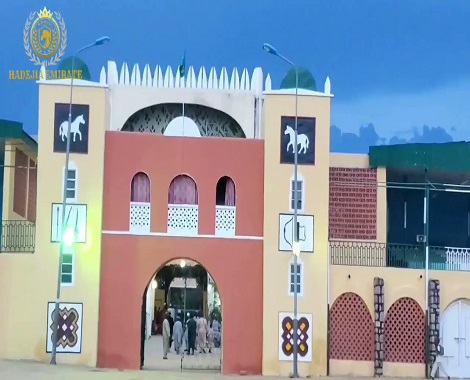Topic: Resounding Victory over Self and Human Nature
Text: Genesis 32:24-30
“And Jacob was left alone; and a Man wrestled with him until the breaking of day. Now when He saw that He did not prevail against Jacob, He touched the socket of his hip; and the socket of Jacob’s hip was out of joint as He wrestled with him. And He said, “Let Me go, for the day breaks.” But Jacob said, “I will not let You go unless You bless me!” So He said to him, “What is your name?” He said, “Jacob. “And He said, “Your name shall no longer be called Jacob, but Israel; for you have struggled with God and with men, and have prevailed.” Then Jacob asked, saying, “Tell me Your name.” And He said, “Why is it that you ask about My name?” And He blessed him there. So Jacob called the name of the place Peniel: “For I have seen God face to face, and my life is preserved.” NKJV

Most victories and triumphs in life and destiny begin with self-discovery and sincerity. We can never conquer the nations if we have not conquered ourselves and habits that irritate God in our relationship with him. Jacob’s victorious life began after his encounter with God at Peniel. First of all, He sent everyone away and was left alone. All the things he had acquired as Jacob was no longer his greatest priority, he was ready to let go.
God collided with Jacob. He was rid of his lust for material things. His wrestle and battle was no longer against others but against himself. The Bible said he wrestled with the angel of the Lord all night. With all the covenant of blessing from His father Isaac, and all the properties from His Father-in-law Laban, he still knew he wasn’t blessed and victorious until his heart was changed. He opened up completely to the angel, “My name is Jacob” the supplanter, the deceiver. He admitted his problem, God pronounced a solution and there was a final victory.
Are you ready to admit your faults? Can you come openly before God and say this is who I am, wear me a new garment, change my name? Until the motive and the person is right the ministry cannot be right, and if the ministry is not right, victory will either be delayed or completely denied.
Prayer:
1.Oh Lord give me the courage to accept my realities and confess them.
2.Clear the thongs that cover my life and encounter me personally.
3.Remove the garment that makes it difficult for the covenant to flourish in my hands.
4.Help me never to give up until the miracle is pronounced.
Dr. Segun Adekoya
Director, MTPI, Abuja, Nigeria.




 “Whatever you do, work at it with all your heart, as working for the Lord, not for human masters, since you know that you will receive an inheritance from the Lord as a reward. It is the Lord Christ you are serving.” Colossians 3:23-24 (NIV)
“Whatever you do, work at it with all your heart, as working for the Lord, not for human masters, since you know that you will receive an inheritance from the Lord as a reward. It is the Lord Christ you are serving.” Colossians 3:23-24 (NIV)



